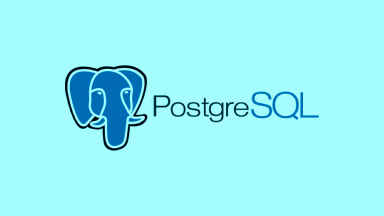Master AI & Build your First Coding Portfolio with SkillReactor | Sign Up Now
Mastering PostgreSQL A Guide to Database Management and Querying
Overview of PostgreSQL

Understanding PostgreSQL
PostgreSQL is an advanced, open-source object-relational database system known for its reliability, robust feature sets, and performance. With over 30 years of development, it stands out for its data integrity and resilience. Unlike other database management systems, PostgreSQL offers extensibility and adherence to standards.
Core Features of PostgreSQL
As an object-relational database, PostgreSQL uniquely supports standard SQL and complex structures, making it versatile for handling various data types like JSON and geographic data. This capability distinguishes it from other primarily relational or NoSQL databases.
1. Compatibility and Integration
PostgreSQL's widespread adoption is partly due to its compatibility with various programming languages, including Python, Java, PHP, Ruby, and C/C++. It integrates seamlessly into different technology stacks, thanks to interfaces like JDBC for Java, psycopg2 for Python, and pg for Node.js.
2. Transaction Management and Reliability
Operating on a transaction system, PostgreSQL ensures data consistency even during system failures, thanks to its ACID-compliance. Its Multi-Version Concurrency Control (MVCC) allows for handling multiple transactions simultaneously, boosting reliability and performance.
3. Customization and Extensibility
PostgreSQL stands out for its customizable nature. Users can define their own data types, create custom functions, and write code in different languages. It also offers extensions and foreign data wrappers for connectivity with other databases and data formats.
4. Advanced Search and Indexing Techniques
The database includes advanced full-text search capabilities, crucial for content-heavy applications. Its diverse indexing methods, including B-tree, hash, and GIN, allow for optimized data retrieval and storage.
5. Robust Security Model
Security in PostgreSQL is comprehensive, encompassing strong access controls, SSL connections, and integration with external authentication systems like LDAP and GSSAPI.
6. Community and Support
A key strength of PostgreSQL is its vibrant community, which contributes to extensive documentation, learning resources, and regular updates. The PostgreSQL Global Development Group and community support channels play a crucial role in its ongoing development and enhancement.